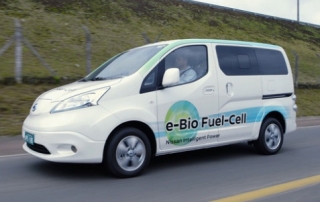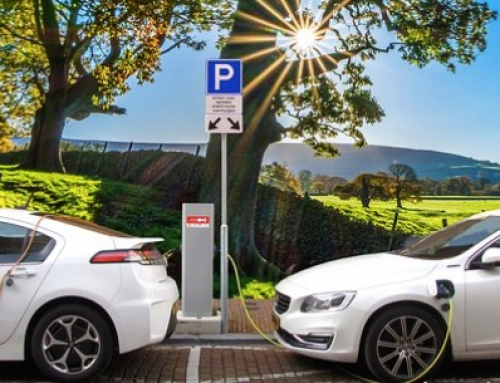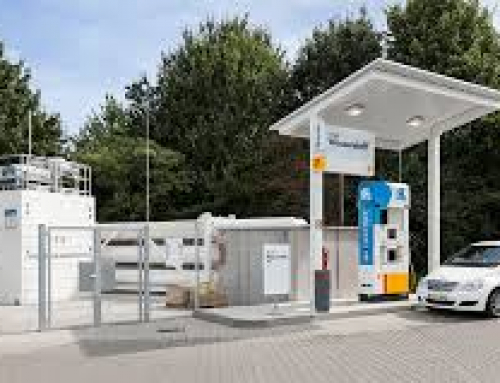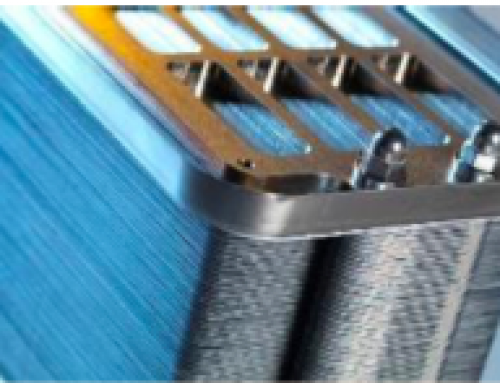Ceres Power Holdings is a manufacturer of a solid-oxide fuel cell known as the SteelCellTM.. The AIM-listed company is now making significant headway commercially by reaching deals to supply this unique proprietary technology to original equipment manufacturers (OEMs). This enables the OEMS to develop power systems on an industrial scale.
This was not always the case. The SteelCell is a fuel cell with a solid electrolyte (SOFC), the alternative being the proton exchange membrane (PEM). Cells with liquid electrolytes are harder to manage. Of the two, the SOFC is slightly more efficient (~ 60 per cent). Another interesting feature of the SteelCell is that it can run on a variety of fuels, including hydrogen, methane and biogas.
Some ten years ago Ceres Power concentrated on using the fuel cell to design and make what they thought were ground-breaking combined heat and power boilers (CHP) for homes and small to medium sized businesses (SMEs). This business model did not work and in 2014 the company decided to change direction. The new strategy was to form partnerships with large Original Equipment Manufacturers (OEMs) to whom it could sell its SteelCell.
This new game plan took some time to get going, but by early 2018 five such partnerships had been agreed. They included big vehicle makers like Nissan and Honda.
The interim results for the six months ending 31 December 2017 were announced on 20 March 2018. They showed the company was gaining momentum with its new strategy. They interims said that revenue rose sharply for the first half, doubling to £3.1m (H1 2016: £1.5m). The operating loss for the period was again slightly down but, nevertheless, substantial at £6.18m (H1 2016: £6.24m). We wrote about these interim results in May 2018. We reported that shares in the then £145.33m market cap company stood at 14.30 pence with a 52-week high of 15p and a low of 9.30p.

Ceres Power has set up partnerships which supply power systems of all kinds including charging points for electric cars
We next wrote about Ceres on 11 October 2018 when we reported on the final results for the financial year that ended on June 30 2018 and were released on 9 October 2018. The further expansion, particularly in the second half could be seen in the results. They showed revenues increasing to £7m from £4m the previous year with an order book that stood at £30m compare to £3m the year before.
The only darker spot in this rosy scenario was that losses were up slightly at £9.9m from £9.4m the previous year. But this was mitigated by a strong cash position, by investments in the period and in the post period. Germany’s Bosch’s committed £9m giving it 4.4 per cent of Ceres’s equity while China’s Weichai invested £20m for a 10 per cent stake and portended a further investment. A fresh £20m was raised through a share placement in July 2018. Small wonder that with this rapid expansion, on 10 October 2018 the share price stood at £1.97m for a market capitalisation of £286m.
And so the growth goes on, at an increasing rate it seems. In a Trading Update released on 6 December 2018 for the first six months of the 2018-19 financial year, the company said the further investment from Weichai forecast in August 2018 materialised, meaning its involvement will rise in time to £48m. In the meantime some £20m of this money is going to buy another 10 per cent of the company, raising its stake in Ceres to 20 per cent.. A further significant investment of €5m from Bosch is also forecast in the trading update. This should take Ceres’s war chest up to £77m (aka its cash position) compared to the around £50m when we reported in October.
In the trading update Ceres excitingly said the Bosch and Weichai investments have led to higher revenues. For the six months to 31 December 2018 revenues are expected to be at least £7m, an increase of 125 per cent from the same period in 2017. Also, for the full 2018-19 year, Ceres is predicting income of £15m,will more than double that of FY 2017-18. There is also gratification not only in the geographical spread, but also in the use of applications. Weichai Power wants to power electric buses while Bosch is focused on small power stations for factories, EV charge points as well as data centres. Small wonder that with this rapid expansion on 10 October 2018 the share price stood at 197p for a market capitalisation of £286m.
Ceres has not mentioed losses in the update, but you might well think that shareholders would be happy enough to wait until March 2019 for the full results. The shares last night stood at 169.98p




